Can A Wireless Security Camera System Work?
Wireless security camera systems have become increasingly popular in recent years due to their ease of installation, flexibility, and the convenience they offer. However, many potential users often have questions about their functionality, reliability, and overall effectiveness. In this article, we will delve into the various aspects of wireless security camera systems, addressing common concerns and providing insights into their operation. By the end of this article, you should have a comprehensive understanding of whether a wireless security camera system can work for your specific needs.
Understanding Wireless Security Camera Systems
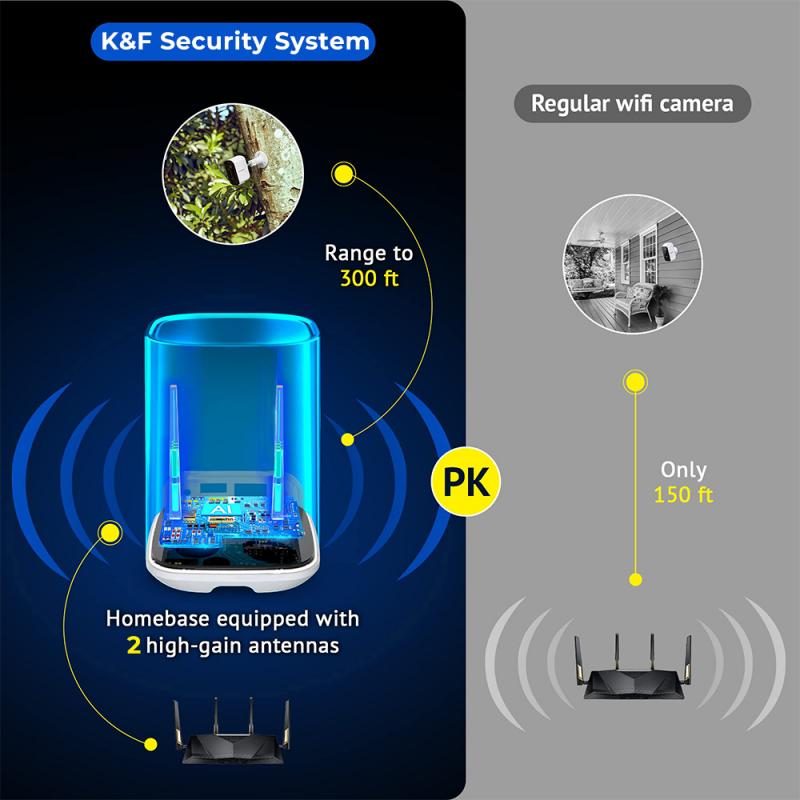
Wireless security camera systems operate by transmitting video and audio signals over a wireless network to a receiver, which can be a dedicated device or a cloud-based service. These systems typically consist of cameras, a wireless transmitter, and a receiver. The cameras capture footage and send it wirelessly to the receiver, where it can be viewed in real-time or stored for later review.
Key Components and How They Work
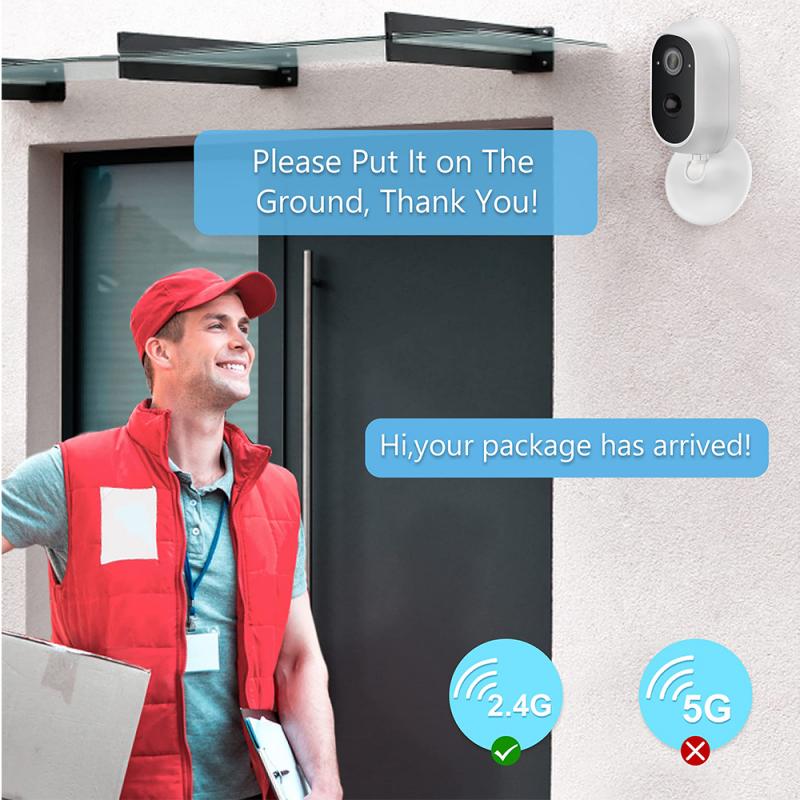
1. Cameras: These are the primary components that capture video footage. Modern wireless cameras often come with features such as high-definition video, night vision, motion detection, and two-way audio.
2. Wireless Transmitter: This component is built into the camera and is responsible for sending the captured video and audio signals to the receiver.
3. Receiver: The receiver can be a dedicated device like a DVR (Digital Video Recorder) or NVR (Network Video Recorder), or it can be a cloud-based service that stores the footage online. Users can access the footage via a smartphone app, computer, or other internet-connected devices.
Advantages of Wireless Security Camera Systems
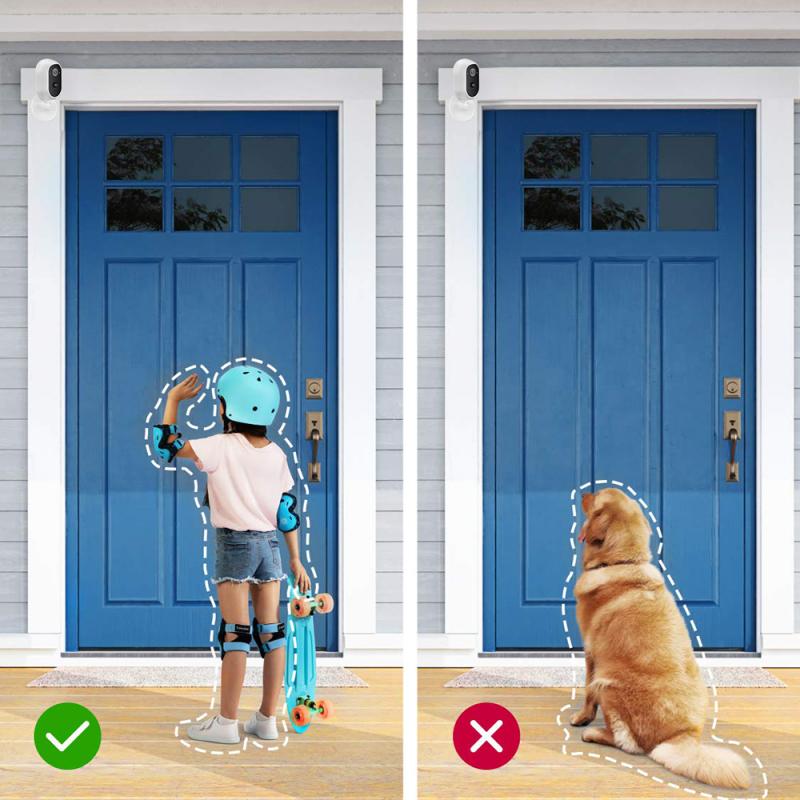
1. Ease of Installation: One of the most significant advantages of wireless security camera systems is their ease of installation. Unlike wired systems, which require running cables through walls and ceilings, wireless systems only need a power source for the cameras. This makes them ideal for both homeowners and renters.
2. Flexibility: Wireless cameras can be easily moved and repositioned as needed. This flexibility allows users to adjust their security setup without the hassle of rewiring.
3. Remote Access: Most wireless security camera systems offer remote access via smartphone apps or web browsers. This feature allows users to monitor their property in real-time from anywhere in the world.
4. Scalability: Wireless systems are generally more scalable than wired systems. Adding new cameras to a wireless system is straightforward and does not require additional cabling.
Common Concerns and Solutions

Despite their advantages, wireless security camera systems are not without their challenges. Here are some common concerns and how they can be addressed:
1. Signal Interference: Wireless signals can be affected by interference from other electronic devices, walls, and even weather conditions. To mitigate this, users can place their cameras and receivers in optimal locations, use signal boosters, or opt for cameras that operate on different frequencies (e.g., 5 GHz instead of 2.4 GHz).
2. Power Supply: Wireless cameras still require a power source, which usually means they need to be plugged into an electrical outlet. Battery-powered options are available, but they require regular recharging or battery replacement. Solar-powered cameras are another alternative that can provide a more sustainable power solution.
3. Bandwidth Usage: Streaming high-definition video can consume a significant amount of bandwidth, potentially affecting other devices on the same network. Users can manage this by adjusting the video quality settings, scheduling recording times, or using cameras with local storage options.
4. Security Concerns: Wireless systems can be vulnerable to hacking if not properly secured. Users should ensure their network is protected with strong passwords, enable encryption, and regularly update their camera firmware to protect against vulnerabilities.
Practical Applications
Wireless security camera systems are versatile and can be used in various settings, including:
1. Home Security: Homeowners can use wireless cameras to monitor entry points, driveways, and other critical areas. Features like motion detection and real-time alerts can provide added peace of mind.
2. Business Security: Small businesses can benefit from wireless systems by monitoring their premises, deterring theft, and ensuring employee safety. The flexibility of wireless cameras makes them suitable for both indoor and outdoor use.
3. Temporary Installations: Wireless cameras are ideal for temporary setups, such as construction sites or event venues, where running cables is impractical.
4. Remote Locations: Properties in remote areas can benefit from wireless cameras, especially when combined with solar power and cellular data connections, providing security where traditional wired systems are not feasible.
Choosing the Right System
When selecting a wireless security camera system, consider the following factors:
1. Resolution: Higher resolution cameras provide clearer images, which can be crucial for identifying faces or license plates. Look for cameras with at least 1080p resolution.
2. Field of View: A wider field of view allows a single camera to cover more area. Consider cameras with adjustable lenses or pan-tilt-zoom (PTZ) capabilities for maximum coverage.
3. Night Vision: Ensure the cameras have good night vision capabilities to monitor your property effectively in low-light conditions.
4. Storage Options: Decide whether you prefer local storage (e.g., SD cards, DVR/NVR) or cloud storage. Each has its pros and cons in terms of accessibility, cost, and security.
5. Smart Features: Many modern cameras come with smart features like motion detection, facial recognition, and integration with smart home systems. These features can enhance the functionality and convenience of your security setup.
Wireless security camera systems offer a range of benefits, including ease of installation, flexibility, and remote access. While there are some challenges to consider, such as signal interference and power supply, these can be effectively managed with the right strategies and equipment. By understanding the key components, advantages, and potential concerns, you can make an informed decision about whether a wireless security camera system is the right choice for your security needs. Whether for home, business, or temporary installations, wireless security cameras provide a versatile and effective solution for modern security challenges.


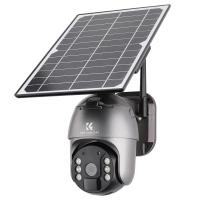
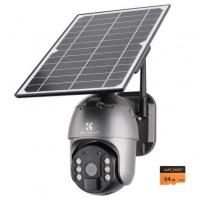
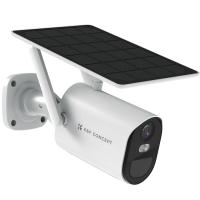

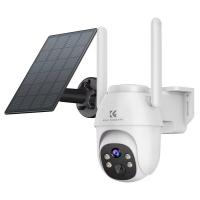
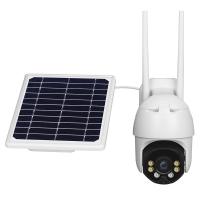

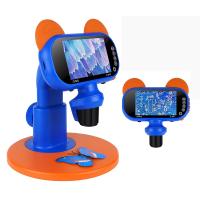

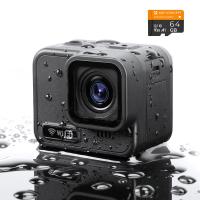


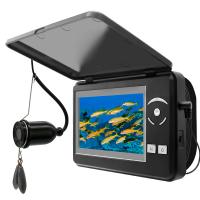
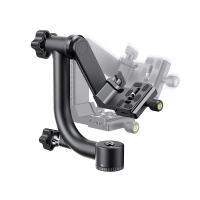
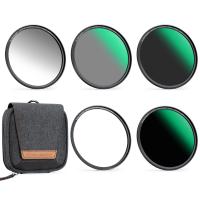

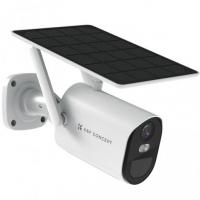
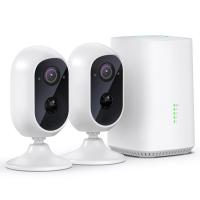
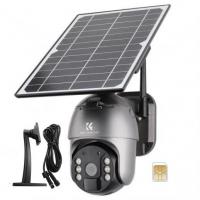


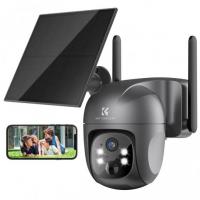



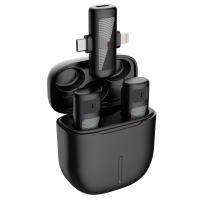






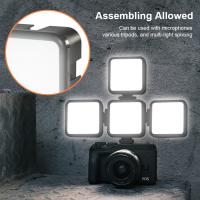
There are no comments for this blog.